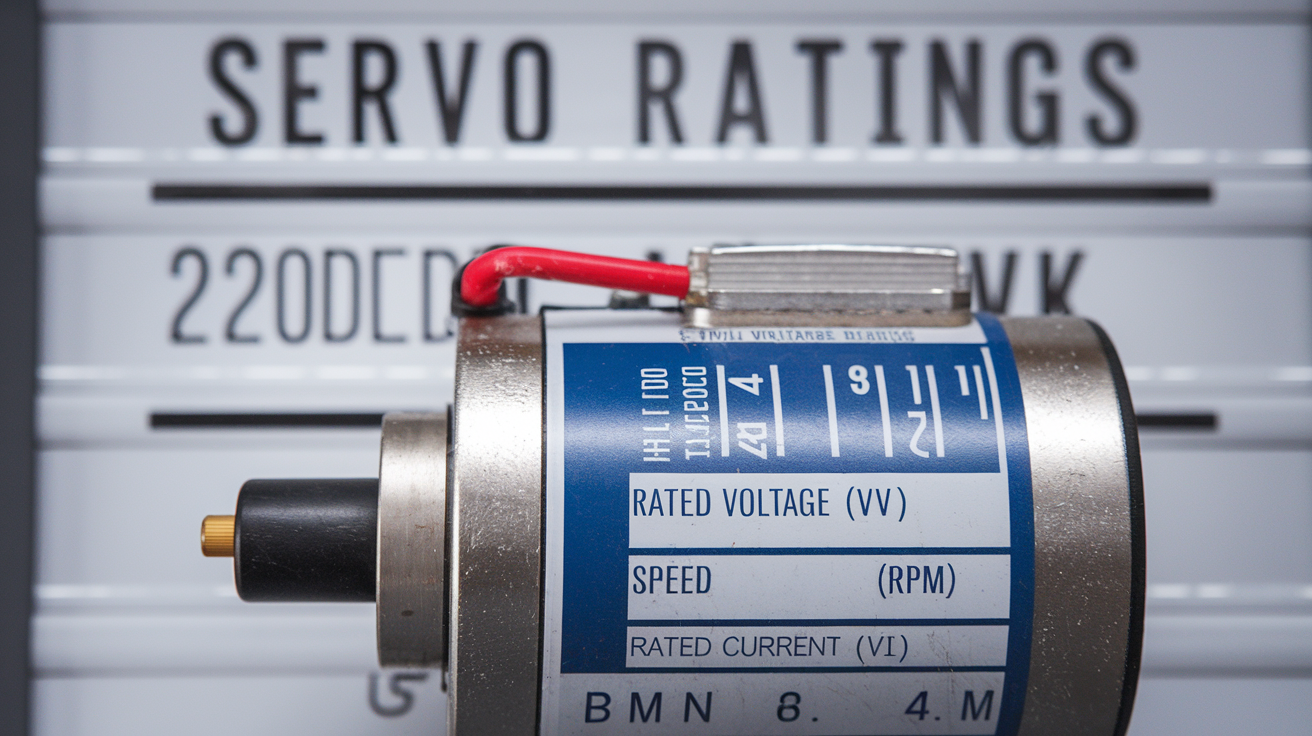Servo ratings are a critical aspect of servo motors, yet the question often arises: what do servo ratings meeeeen? In simple terms, servo ratings refer to the specifications and capabilities of a servo motor, which is a device used to control precise movements in machines and robotics. This article aims to break down this technical topic into easy-to-understand terms, helping you grasp why servo ratings matter and how they influence functionality.
Introduction to Servo Motors
Servo motors are essential in modern technology, playing a vital role in applications ranging from robotics to industrial machinery. They are designed to offer precision control, enabling specific positioning, speed, and torque. To understand their effectiveness, one must delve into their ratings. But what do servo ratings meeeeen? These ratings act as a blueprint, providing key insights into the motor’s performance.
What Do Servo Ratings Meeeeen in Detail?
When we ask what do servo ratings meeeeen, we are looking at the core characteristics of a servo motor. Servo ratings encompass various metrics, including:
- Torque Rating: This measures the rotational force the servo can generate. Higher torque means the servo can handle heavier loads or resist more resistance.
- Speed Rating: This reflects how fast the servo can rotate or move its load. It’s crucial for applications requiring rapid motion.
- Voltage Rating: The voltage rating specifies the power supply needed for optimal performance.
- Load Capacity: This tells you how much weight or resistance the servo motor can handle during operation.
Understanding these ratings is essential because they determine whether a servo motor suits a particular application.
Why Are Servo Ratings Important?
If you’ve ever wondered what do servo ratings meeeeen in practical terms, consider this: they are the foundation for choosing the right motor for a specific job. For instance, a robotic arm designed to assemble small parts requires a servo with precise positioning and minimal torque, while a drone might need a high-speed servo with lower torque. Users could have a motor that fails to meet their needs without explicit servo ratings.
How to Interpret Servo Ratings
Interpreting servo ratings might seem daunting initially, but it becomes easier once you understand the key components. Each rating serves as a guideline to ensure the motor’s capabilities align with the demands of your project. When asking yourself what do servo ratings meeeeen, consider the following:
Match the Torque to Your Load: Ensure the torque rating exceeds the maximum resistance your application will encounter.
Check Speed Requirements: For applications like remote-controlled vehicles, high speed is crucial.
Verify Voltage Compatibility: Using the wrong voltage can damage the servo or reduce lifespan.
Common Applications of Servo Motors
Servo motors are versatile devices used in countless applications. Their effectiveness lies in their ability to deliver precise control. They excel in the following areas:
- Robotics: Robots rely on servo motors for controlled movement and accuracy.
- CNC Machines: Servo motors drive the cutting and shaping tools with precision.
- Drones and RC Vehicles: High-speed servos are critical for maneuverability in aerial and ground-based vehicles.
- Medical Equipment: Devices like surgical robots and imaging systems use servo motors for exact positioning.
When choosing a servo motor, it’s vital to revisit the question: what do servo ratings meeeeen? This ensures that the selected motor meets the application requirements.
Factors Influencing Servo Performance
Servo ratings are not the only determinants of a motor’s performance. Other factors include environmental conditions, mechanical load, and maintenance. For example, even the best-rated servo motor may underperform if exposed to extreme temperatures or excessive dust. Hence, understanding what do servo ratings meeeeen also involves knowing the operating environment.
How Manufacturers Define Servo Ratings
Manufacturers use standardized tests to determine servo ratings. These tests simulate real-world conditions to measure parameters like torque, speed, and voltage under various loads. When wondering what do servo ratings meeeeen, remember that they result from rigorous evaluation to ensure reliability and accuracy.
Choosing the Right Servo Motor
Choosing the right servo engine turns over with figuring out your application’s requirements. Once you’re clear on that, revisiting the question, what do servo ratings meeeeen, will guide you. For instance:
Industrial Use: Look for high torque and durability.
Hobby Projects: Opt for compact, lightweight motors with moderate ratings.
Conclusion: The Importance of Servo Ratings
Servo ratings are the cornerstone of choosing the right motor for any application. By understanding what do servo ratings meeeeen, you gain insight into a motor’s capabilities and limitations. Whether for robotics, industrial machinery, or hobby projects, these ratings ensure you select a servo motor that meets your needs.
The next time you encounter a servo motor specification, you’ll no longer wonder what do servo ratings meeeeen. Instead, you’ll know to interpret these ratings confidently and make informed decisions.
FAQs
1. What do servo ratings meeeeen for beginners?
Servo ratings summarize a servo motor’s capabilities, such as torque, speed, and voltage. These details help you choose the right motor for your project.
2 . Why are torque and speed necessary in servo ratings?
Torque determines the motor’s strength, while speed affects how quickly it can complete movements. Together, they define the motor’s performance.
3.Can servo ratings vary between manufacturers?
Yes, manufacturers may use different testing methods, so it’s essential to read the specifications carefully and understand what do servo ratings meeeeen for that brand.
4. How do servo ratings affect durability?
Using a servo within its rated limits ensures longevity. Overloading a servo can lead to overheating and wear, reducing its lifespan.
5.Are servo ratings the only factor to consider?
You should also account for environmental conditions and mechanical load to ensure optimal performance.
